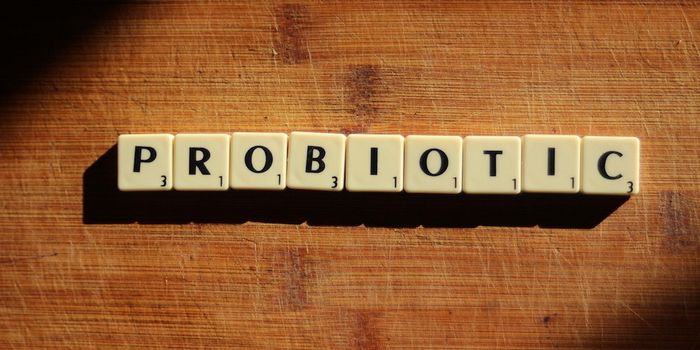Monkeypox Vaccination Loses Potency After a Year
Mpox (formally monkeypox) is a viral disease cause by the monkeypox virus. Interestingly, this virus comes from the same family of viruses as smallpox. While Mpox has similar symptoms to smallpox including fever, headache, chills, exhaustion and swollen lymph nodes, it is not fatal. In the previous year there was an outbreak of Mpox throughout the world, mainly concentrated in Europe. However, efforts made by government officials and laboratories worked to vaccinate citizens and stop the spread. Surprisingly, new research shows that the vaccine against Mpox loses efficacy after a year.
A presentation, from a team led by Dr. Rory de Vries, at the European Congress of Clinical Microbiology and Infectious Diseases (ECCMID 2024) demonstrated that antibodies made from the Mpox vaccine wane after year. However, those that were vaccinated against smallpox as children maintained high antibody levels. These results are striking as vaccinations have become commonplace in doctor’s offices for diseases such as the flu and COVID-19.
Vries is a Principal Investigator and Associate Professor at the Erasmus University Medical Center in Rotterdam, Netherlands. Vries’ work focuses on respiratory viruses and adaptive host immunity. Due to the limited knowledge about longevity, his team set out to determine the long-term durability of the Modified Vaccinia virus Ankara - Bavarian Nordic (MVA-BN) vaccination for Mpox. The vaccine is based on an attenuated strain of another virus, known as Vaccinia virus (VACV), which belongs to the same virus genus as smallpox and Mpox. In their study, Vries and his team concluded consistent results between all the MVA-BN vaccines made from different companies.
The research team analyzed samples from 118 vaccinated recipients after a 1-year follow-up visit. Among patients without pre-existing immunity to smallpox, 67% of them had undetectable antibody levels. Additionally, compared to 4-weeks after the second Mpox vaccination these participants had a significant decrease in antibody levels. In contrast, patients that had the smallpox vaccination as a child maintained their antibody levels after a year. Researchers concluded these findings but did not investigate the underlying mechanism that caused these results. The implications of antibody loss to generate durable immunity is still unclear.
Vries and his team suggest that the structure of the vaccine may have contributed to the waning of antibodies. The Mpox vaccine is made from a non-replicating virus, which may have limited strength and durable immune response over time. Non-replicating viruses help reduce side effects and can be given to those with weak immunities. In the future, it might be prudent to have a stronger vaccine to boost immunity in slightly immunocompromised patients.
Although the authors note it is premature to speculate on why this phenomenon occurs, it is critical to communicate these results. Additionally, patients should consult their healthcare provider if they are in the population without pre-existing smallpox immunity. Scientists and physicians are working on how to better generate long-lasting vaccines. While additional research needs to be conducted to understand why this occurs, consistent monitoring of vaccinated patients is necessary for better treatment and to make more informed decisions about vaccination protocol in the future.
Presentation, Rory de Vries, ECCMID, Erasmus University Medical Center








